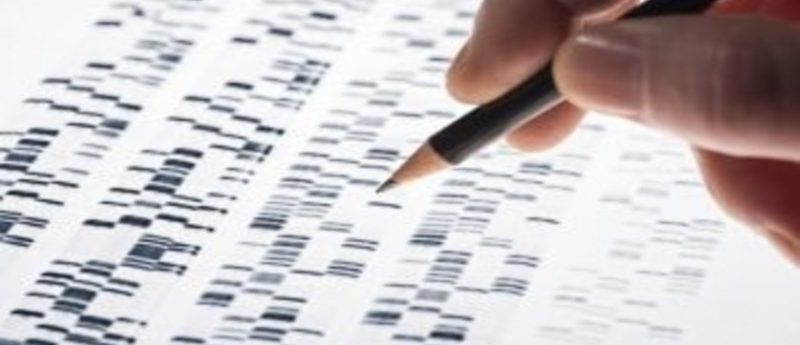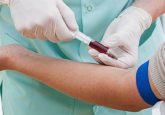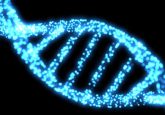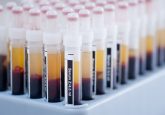Novel sequencing method may enable personalized combination therapy of metastatic cancer

A study published recently in Cancer Research has demonstrated that whole genome sequencing utilizing long fragment read (LFR) can detect clinically relevant mutations. The method utilized only five circulating tumor cells (CTCs) in a patient with metastatic breast cancer.
Over the past years a lot of effort has been put into developing CTCs as a non-invasive cancer biopsy, however, as of yet there has been limited success. In this study, a multi-institutional team of researchers combined advanced whole genome sequencing (WGS) with a method for isolation of highly pure CTCs utilizing immunomagnetic enrichment/fluorescence-activated cell sorting.
The team utilized two liquid biopsies obtained from a 61 year old female patient with ER-positive/HER2-negative metastatic breast cancer at two different time points during her course of treatment and isolated 34 highly pure CTCs using immunomagnetic enrichment/fluorescence-activated cell sorting technology.
Following this, they went onto utilize LFR to perform advanced whole-genome sequencing by splitting the genomic DNA from the CTCs into 3072 individual compartments, with each compartment containing approximately 5% of the cancer genome.
“From 34 cells we accurately detected mutations present in as few as 12% of CTCs, established the tissue of origin and identified potential personalized combination therapies for this patient’s highly heterogeneous disease,” Peters commented.
The DNA in each compartment was subsequently labeled with a unique barcode, the compartments were combined and the genomic DNA and barcodes were sequenced.
“LFR subdivides the genome into compartments, allowing us to count the fragments with somatic mutations across all the compartments to accurately quantify the number of mutations present in a population of cells. It also serves to remove false-positive single nucleotide variants,” explained Peters.
“That our sequencing method could detect the most important somatic mutations from just five CTCs in a noninvasive liquid biopsy is important, demonstrating cost-effectiveness and utility in clinical settings,” explained Peters.
The findings suggest personalized combination therapies beyond the scope of most gene panels and demonstrate how advanced WGS of CTCs can lead to high-resolution analyses of cancers that can reliably guide personalized therapy.
Peters concluded: “Our work highlights the importance and utility of using accurate and quantitative whole genome analysis in a clinical setting. “We identified targetable mutations that would have been missed by current clinical sequencing strategies. In the near precision medicine future, this type of information will be critical for selecting effective personalized multi-drug treatments.”
As a single patient was tested in this study and none of the suggested possible therapies could actually be tested, the team acknowledged the need for larger future studies.
Sources: Gulbahce N, Magbanua MJM, Chin R et al. Quantitative whole genome sequencing of circulating tumor cells enables personalized combination therapy of metastatic cancer Cancer Research doi: 10.1158/0008-5472.CAN-17-0688 (2017); Eureka Alert press release




